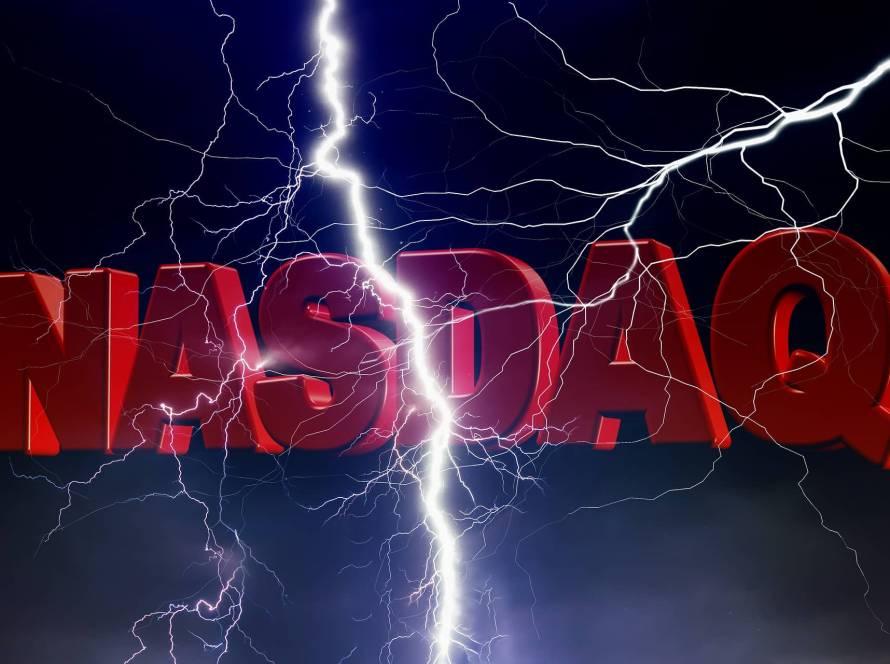Listen to this quote, from Mark Douglas and "TRADING IN THE ZONE"...
"...The psychological dilemma that virtually every trader has to resolve is that you may be aware that the next trade is simply a trade in a series that has a probable outcome. Yet you’re still afraid to put the trade on and as such are susceptible to the fear based errors. This is due to our potential to view and interpret market information as threatening. This negative state of mind when you trade means there is a conflict between what you believe is the probable outcome and any number of other beliefs in your mental environment that are arguing for something else.
When you think in probabilities you believe that every moment in the market is unique or every edge has a unique outcome. When this is your dominant belief, your state of mind will be free of fear, stress and anxiety when you trade. If you believe that something will happen but you don’t need to know what it is, then how can the market information be threatening and painful?. You were simply right again.
Every moment in the market has elements of what we know (similarities) and elements that we don’t or can’t know because we haven’t experienced them yet.
Until we train our minds to expect a unique outcome, we will experience only what we know. The other information and possibilities will pass us by as unperceived, discounted, distorted or denied.
Once you truly believe that you don’t need to know and you think in probabilities there will be no reason to block, discount, distort or deny anything about the markets potential to move in a particular direction."
In case you haven't figured out - that phrase in red is what I believe to one of the most important elements of trading, as observed by my conversations with people day after day - year after year.
I may not be the best live trader in the world - but my experience as a clearinghouse for conversations with struggling traders is a unique one. You've maybe spoken with a dozen or two struggling traders - I've spoken with thousands. When you talk to that many people all trying to achieve a common goal you start to notice the similarities between those conversations. You take note of all of the things that people are confessing that they are stuggling with - as well as take not of what the people that are succeeding - are doing correctly.
Trading in the Zone is one of those great clearinghouses of trader information. It's Mark Douglas saying - "look, I've spoken to enough people - and documented my own struggles enough, to have compiled a mass of similarities. I know enough about what not to do when trading - and what do to when trading - that you should stop, and listen and read".
Trading in the Zone is also one of those books that you probably only absorb 1/10th of the first read through. When you're reading about the zone that you should be trading in, and you start making lists of all of the challenges that are laid out - the new thought processes - and how you're generally failing miserable on all fronts - it becomes clear that this book - somewhat of a holy document - needs to be studied. Notes must be taken. Outlines created - and accountability instituted.
When I was first handed a copy of "Trading in the Zone" by a man I knew who traded, he handed me the book carefully and with the understanding that I was being loaned this copy - that I would be giving it back as soon as I was done with it. He was sincere in his loan, but stern in his understanding that he needed it back - that he probably referenced it quite often and I had a week or two to get the "jist" of the book before I was expected to pass it back over. I'll never forget how serious he was that I read "Trading in the zone", or how serious he was about getting it back from me.
What I love most about the Flux - and the timing cycles we study, is that it's almost cheating when it comes to the principles of Trading in the Zone. That book says you really shouldn't expect something to happen next, and that the next trade could be a very different set of circumstances. The next timing cycle though, and the predictions therein, are based on the fact that the markets do the same thing - over and over - like any other business in the world with procedures and routines. So while Trading in the Zone teaches that anything can happen (and anything CAN happen, don't get me wrong) the Flux tools and the timing cycle indicators that we've developed more or less indicate a very high probability that something IS going to happen. And when you see the conditions for that something start laying out (stalling pattern, consolidation, double tops or bottoms, reversal bars, volume drying up) at the precise time you were EXPECTING the markets to turn - it's a feeling like no other.
The challenge then lays within constraining those events in a rules based trading plan. What do you do, when you arrive at that trading cycle time? What is your trigger? What is your setup? What are the conditions for your trade? What will you do when you see those conditions congeal? What amount of money will you risk? When will you take profits?
This is where the timing cycle indicators stop, and Trading in the Zone picks up. Ignore it, and these warnings - at your own peril.


